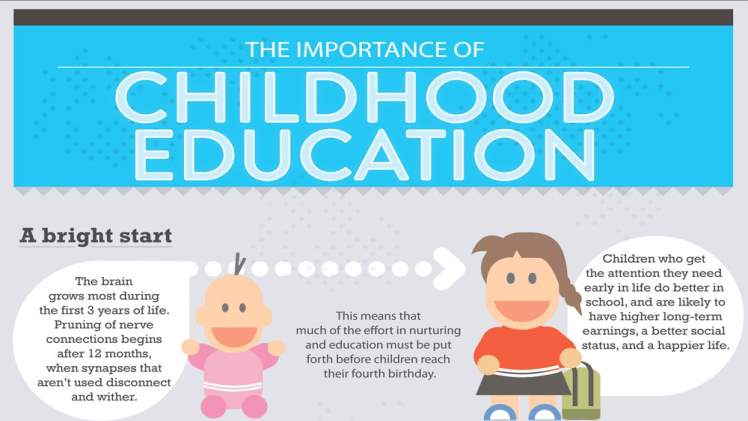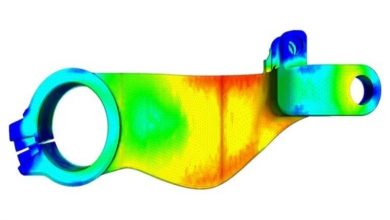The Importance of Early Childhood Education

You’ve probably heard of early childhood education (ECE) – it’s the field of teaching children from birth until they’re eight years old. In the past, early childhood education referred to teaching children up until third grade. It’s widely believed that the first few years of a child’s life are crucial for their development. But what exactly does it mean? How can you make the most of this period? Read on to learn more.
In the early years of a child’s life, he or she is developing essential skills such as self-confidence, self-regulation, and positive self-belief. In a small class, a child can get the attention of a teacher, develop self-expression, and learn to control his or her emotions. This will help your child learn to cooperate with others and resolve conflicts. Even though this process may seem complex, it is crucial for the development of the young mind.
In addition to these skills, an early childhood education program teaches you how to supervise young children. You will learn about child development, social interaction, behavior, diversity, and positive guidance. You will also learn about healthy nutrition and physical development. You’ll learn about the different ways to interact with young children and how to apply these skills in real life settings. This program is ideal for those looking to start a career in early childhood education or are looking to enhance their knowledge.
A good ECE program also has economic benefits. A well-resourced classroom will result in persistent gains in achievement test scores. In addition, early childhood education reduces the likelihood of children entering a special education program and reducing the incidence of juvenile delinquency and crime. And a child who attends a high high-quality early childhood education program will graduate from high school more quickly than a child who didn’t get the chance to attend an ECE program.


